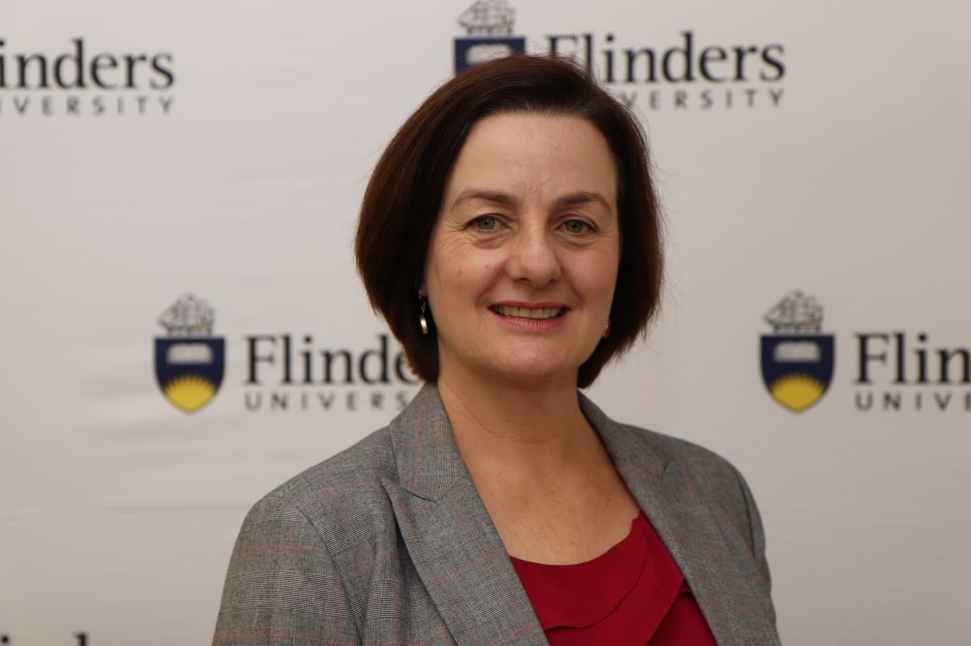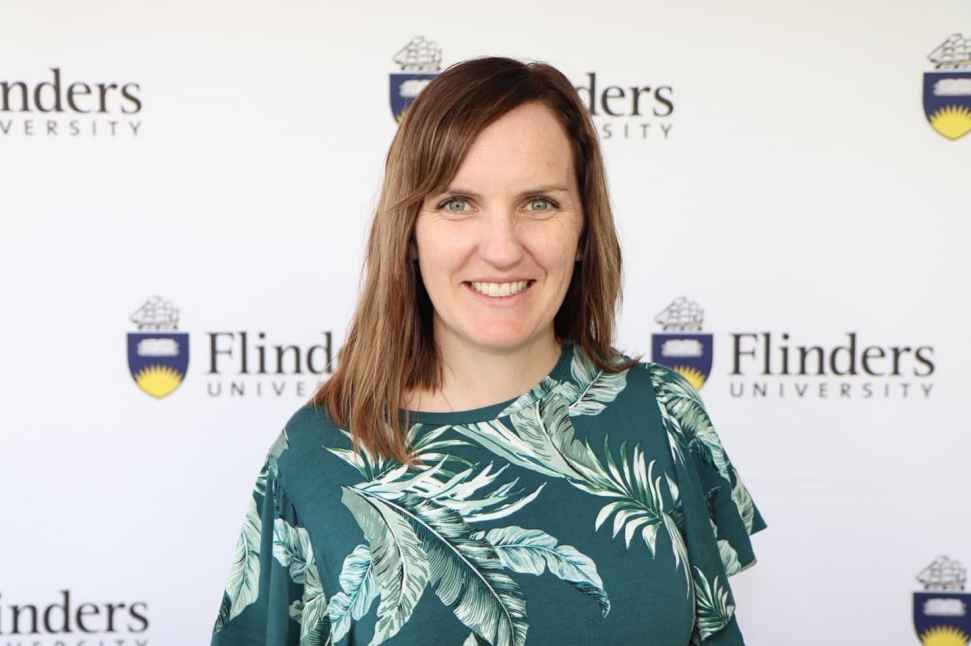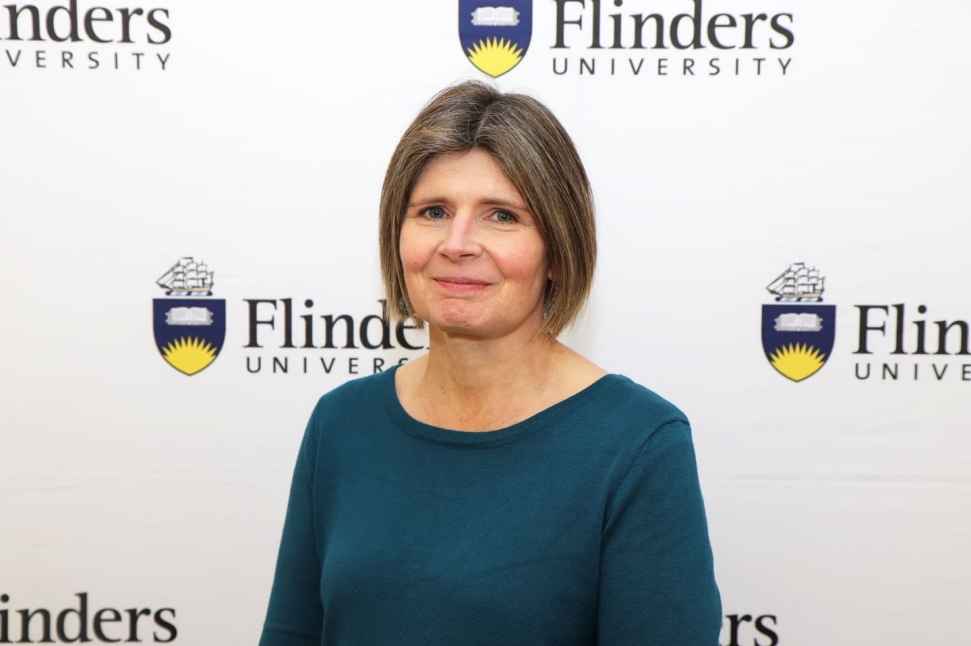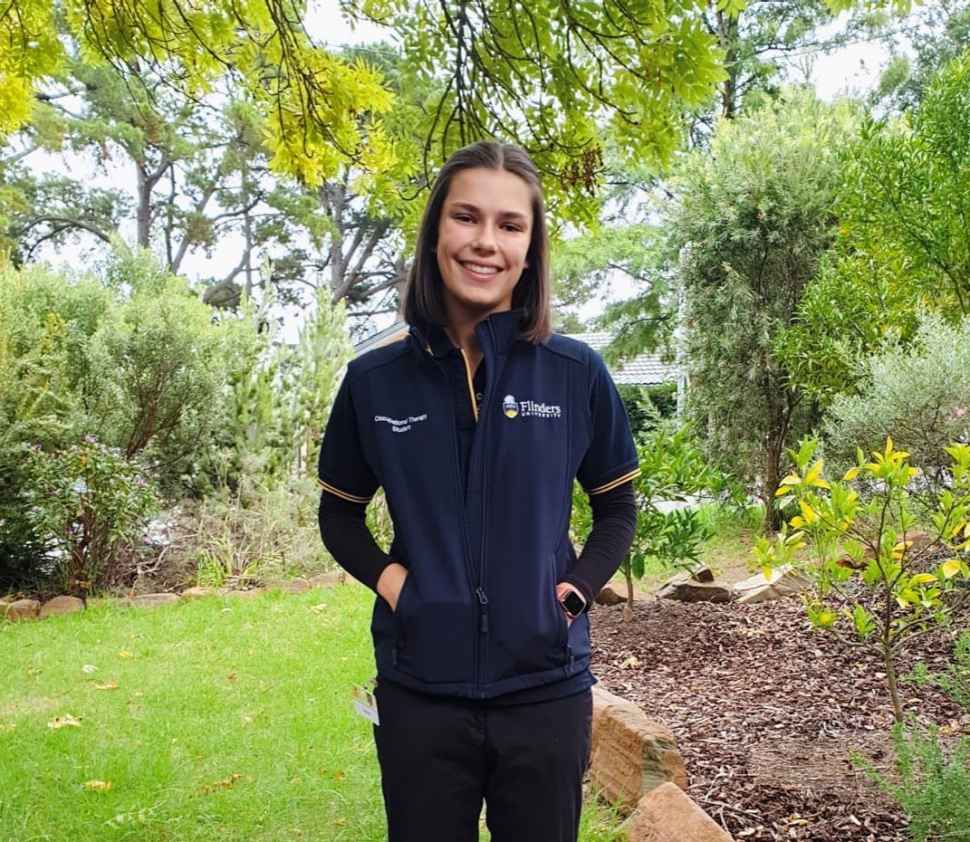Develop the knowledge and skills required to become registered and work as an occupational therapist. The degree has a strong focus on preparing you for interprofessional practice, and on becoming a contemporary health professional able to work across a variety of settings, with a wide range of clients.
What does a career in occupational therapy look like?
Engagement and participation in meaningful 'occupations' are one of the fundamental indicators for overall health and wellbeing. Many people face difficulties that create barrier to doing things they need and want to do in their everyday lives. This may be due to injury, childhood developmental delay, disability, chronic medical conditions, and/or emotional and mental difficulties.
Occupational Therapists evaluate and identify barriers to people participating in the activities that matter to them. They then work with people to improve their skills and abilities, change the way they do an activity, or modify their environment, to help them live their best lives. This helps contribute to their overall psychological and physical wellbeing.
Employment growth

Labour Market Information Portal, Department of Jobs and Small Business
Potential employers
- State government departments such as health, disability and education
- Aged care providers
- Hospitals
- Rehabilitation services
- Mental health services
- Home-care services
- Private practice
- GP Plus health care services
- Paediatric services
Both the Bachelor of Health Sciences/Master of Occupational Therapy and Master of Occupational Therapy programs are accredited with approved by the Occupational Therapy Board of Australia and the World Federation of Occupational Therapy. Graduates are eligible to apply for registration as an occupational therapist in Australia.



Why study Occupational Therapy at Flinders?
- Flinders enjoys strong partnerships with industry.
- 1000 hours of fieldwork experience is built into the Bachelor of Health Sciences/Master of Occupational Therapy degree with rewarding industry opportunities in a range of metro, rural and remote locations/regions.
- You will broaden your experience with at least one rural or remote clinical placement.
- This degree is accredited by the Occupational Therapy Board of Australia and the World Federation of Occupational Therapists.
- Smaller cohort teaching ensures a personal approach to learning. The relationships we have with our students and graduates are highly supportive and long-lasting.
- We have our very own working interprofessional clinic, Health2Go, on site at our Sturt campus giving you the opportunity to work with clients alongside professional clinicians to gain real-life experience in a modern multidisciplinary environment.
- Our graduates have an excellent understanding of whole-of-health management and are well equipped to deliver client-centred care in a team of health professionals, or in private practice.
- Interprofessional training is embedded in the Bachelor of Health Sciences/Master of Occupational Therapy program with experts across a broad range of health professions forming an integral component of our teaching staff.
- Practical skills are taught from day one. Students have practical components to examinations to ensure they are career-ready at graduation.
- Flinders occupational therapy graduates have an excellent reputation within the health industry.
- Many of our teaching staff are also active researchers and members of Flinders University’s Caring Futures Institute.
- From understanding the client perspectives of Occupational Therapy intervention in the Emergency Department, to the effectiveness of stroke rehabilitation approaches and rural generalist workforce training, we ensure our programs always have the latest evidence-based learning outcomes.

Academic Lead: Professor Stacey George
Stacey has had a long clinical and research career. She is currently a Conjoint Clinical academic with Northern Adelaide Local Health Network. Stacey is an active researcher with the Flinders Caring Futures Institute with expertise in the evaluation of interprofessional rehabilitation practice and interventions to improve participation in real world settings

Master of Occupational Therapy Course Coordinator/Lecturer: Ellice Willcourt
Ellice is a teaching specialist, teaching across the Bachelor of Health Sciences and Master of Occupational Therapy programs. She has broad clinical experience working across adult mental health services in crisis, community, inpatient and community residential settings in rural and metropolitan areas of Southern Adelaide and Central Queensland. Ellice is passionate about supporting students’ learning to ensure they are equipped with the knowledge and clinical skills to be creative and contemporary occupational therapists.

Placement Education Coordinator/Lecturer: Ali Dymmott
Ali has worked clinically in a range of areas across rural and metropolitan South Australia and has focused on paediatrics, rehabilitation, acute care and community health. She also worked extensively in project management for SA Health. Ali is an active researcher in the Flinders Caring Futures Institute and is currently undertaking a PhD.

Student Experience Coordinator/senior lecturer: Sandra Mortimer
Sandra has extensive experience as an occupational therapist predominantly working with young children and families in community settings in both metropolitan and rural areas. Sandra enjoys bringing teaching alive by matching clinical experiences to student learning needs to create engaging and meaningful learning experiences. She is passionate about supporting Occupational Therapy graduates to be innovative, reflective, client-centred and culturally responsive in their practice.
Frequently asked questions
Knowledge of SACE Stage 2 Biology or equivalent is assumed.
Both the Bachelor of Health Sciences/Master of Occupational Therapy and Master of Occupational Therapy programs are accredited with the Occupational Therapy Board of Australia and the World Federation of Occupational Therapy. Graduates are eligible for registration as an occupational therapist in Australia.
Occupational therapy is a growing field, particularly in the areas of children and families, disability and aged care. 2019 employment projections for the five years to May 2024, show the Occupational Therapist profession is projected to grow 22.4% Australian Labour Market Information Portal.
Our graduates are employed locally, interstate and internationally in a range of settings including public and private sectors.
Yes, students are required to complete clinical placements in the Masters of Occupational Therapy. You will complete a total of over 1000 hours of clinical placement in a wide variety of areas.
Both the Bachelor of Health Sciences/Master of Occupational Therapy and the Master of Occupational Therapy require two years of full-time study and are not offered externally or on a part-time basis.
You can undertake either a Bachelor of Health Sciences (Therapy Studies). Once you have successfully completed a minimum of 18.0 units of study and have generated a Grade Point Average (GPA) based on those 18.0 units, you will be eligible to apply for the double degree via SATAC. You can apply for entry at the end of each year until you have completed 72.0 units of study in the Bachelor of Health Sciences (Therapy Studies) program.
Please note, this does not guarantee entry into the double degree or Master of Occupational Therapy program and entry is competitive base on GPA.
The current pandemic situation (COVID-19) will affect many aspects of your study, from topic availability on campus to how your classes are delivered. For detailed information about the impact of COVID-19 on your study please refer to the Coronavirus (COVID-19) information page.
- Applications are completed via SATAC
- Visit: https://www.satac.edu.au/
I am an
International Student
Australia or New Zealand.
I am a
Domestic Student
I'm an Australian Permanent Resident
(including Humanitarian Visa holders).
![]()
Sturt Rd, Bedford Park
South Australia 5042
South Australia | Northern Territory
Global | Online




